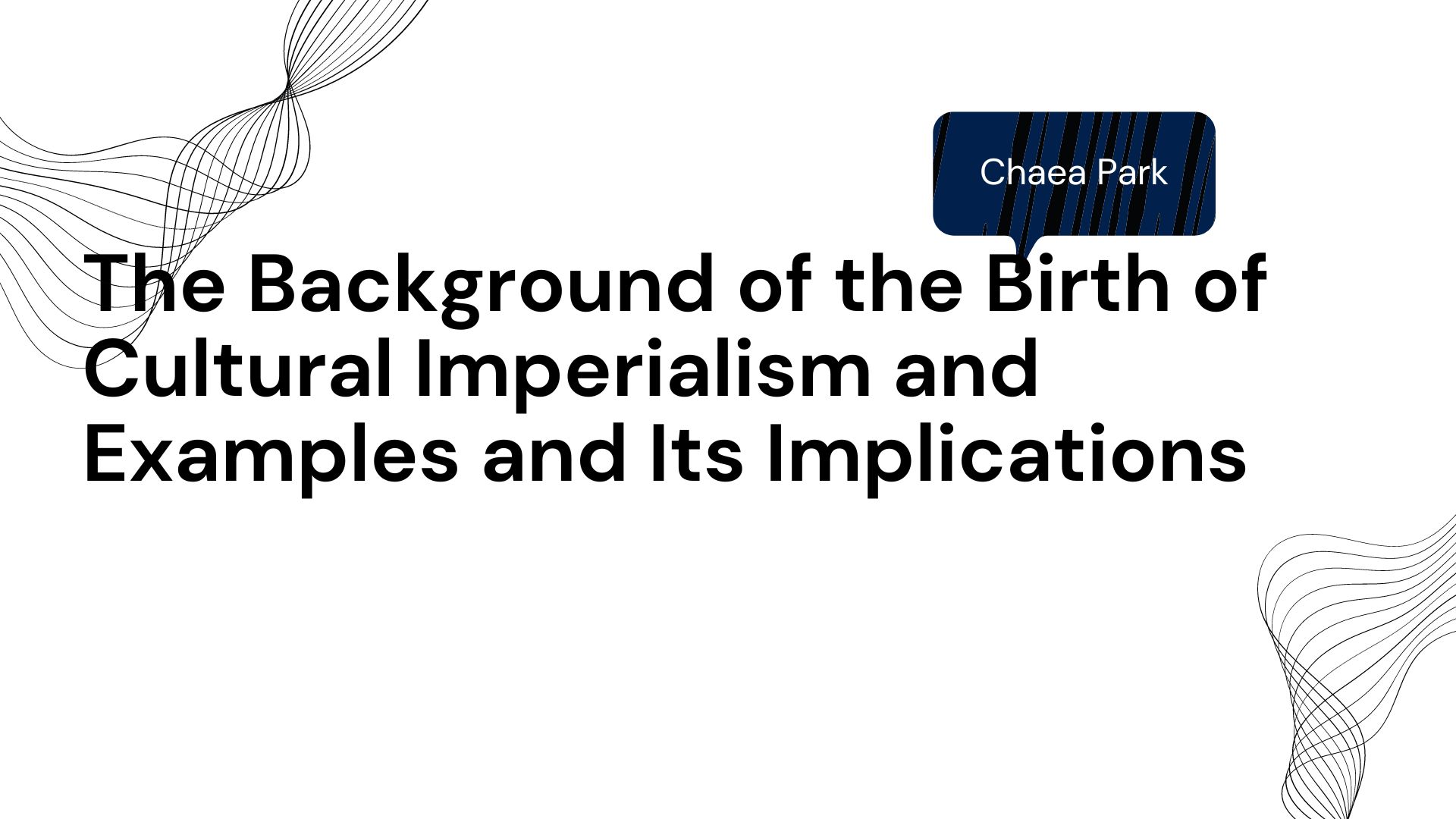Cultural imperialism refers to the influence of the culture of advanced Western countries and others on the cultures and traditional values of other nations.
It differs from cultural hybridity, where cultures reinterpret existing cultures into new ones upon meeting.
Originally, imperialism meant advanced nations expanding territories by colonizing other countries.
In a similar context, cultural imperialism is described as imperialism viewed within the framework of capitalism, devoid of military conflict.
Following World War II, major powers recognized former colonies as independent nations through various treaties.
However, these powers still sought domination. Thus, the concept of cultural imperialism emerged as a solution.
At that time, independent nations lacked sufficient finances for national reconstruction and sought assistance from major powers, inadvertently allowing the infiltration of the cultures of these powers.
In the past, cultural imperialism primarily involved cultural dominance. Today, it also encompasses the unilateral adoption of information or products produced by multinational corporations in developing countries.
Some argue that the spread of social media accelerates this phenomenon, leading to the term “media imperialism.”
The common languages in some African and South American countries serve as prime examples of cultural imperialism.
Certain countries still use French, Portuguese, or English as their official languages. Furthermore, these countries exhibit a cultural complex towards the West.
Since 1900, the spread of English has accelerated, resulting in the disappearance of some indigenous languages, especially in smaller territories and populations.
Society views cultural imperialism from two main perspectives. First, it fosters global cultural formation, preserving universal human values.
Additionally, it’s argued that developing countries can achieve socioeconomic development relatively quickly by adopting the culture and systems of advanced nations.
On the other hand, some argue that cultural imperialism significantly undermines the original cultural values and identities of developing and small countries.
It reinforces their dependency on the culture of advanced nations, potentially leading to neo colonial relationships.
Lastly, cultural imperialism affects not only culture but also various aspects of society and economy.
Blindly pursuing the values of advanced nations in situations where founding backgrounds and values differ could have detrimental effects on a nation.
While individuals unavoidably experience the influence of cultural imperialism in today’s global village, uncritically embracing it is problematic.
Each country’s society and economy have developed within different cultures, so unquestionably praising cultural imperialism won’t necessarily yield positive results.
Therefore, individuals should strive to criticize the negative aspects of cultural imperialism and preserve their nation’s unique values and identity.

